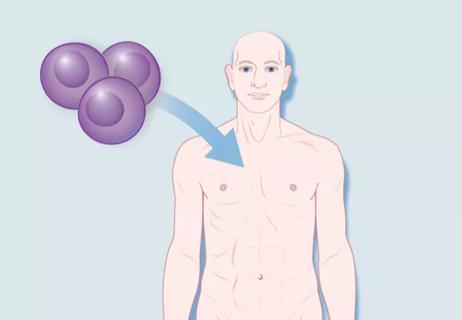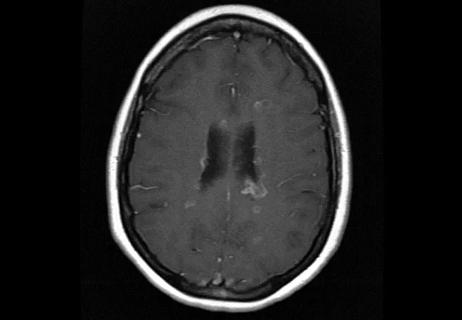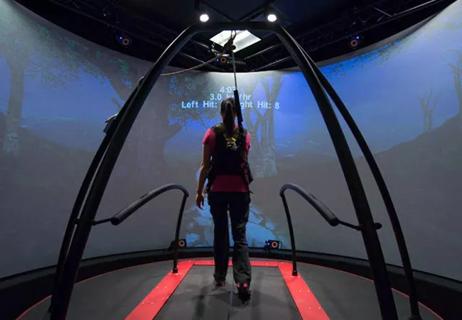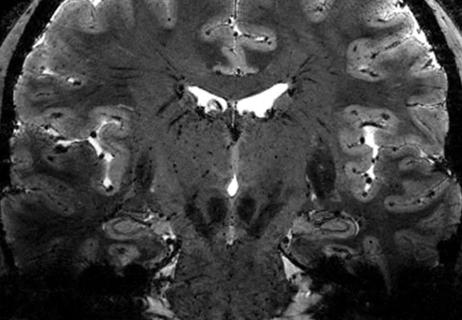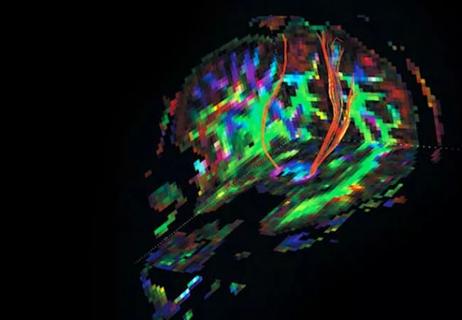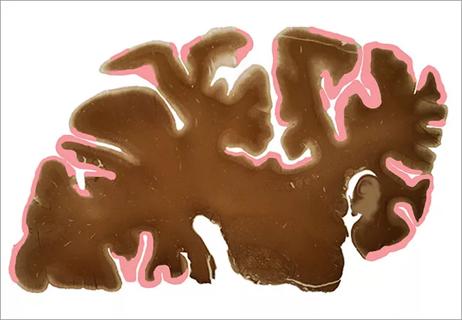Tag debug info: client: {"assets":{},"datasets":{},"live":{},"projects":{},"users":{},"observable":{"assets":{},"datasets":{},"live":{},"projects":{},"users":{}}} Now: 1770522301106 Cache Key: cqdTagPageBySlug:multiple-sclerosis-ms fetchCache[cqdTagPageBySlug:multiple-sclerosis-ms].expirationTime: falsey fetchCache[cqdTagPageBySlug:multiple-sclerosis-ms]. seconds remaining: falsey All fetchCache expiration times: -- Key: cqdNotFoundPage, seconds remaining: 6899 -- Key: cqdTagPageBySlug:heather-gornik, seconds remaining: -16616 -- Key: cqdPostsByTag:cqd-migrated-tag-542,1,10, seconds remaining: -16535 -- Key: cqdTagPageBySlug:neonatal-disparities, seconds remaining: -16028 -- Key: cqdPostsByTag:cqd-migrated-tag-26960,1,10, seconds remaining: -15961 -- Key: cqdTagPageBySlug:anirudha-das, seconds remaining: -14502 -- Key: cqdPostsByTag:cqd-migrated-tag-21145,1,10, seconds remaining: -14429 -- Key: cqdTagPageBySlug:obesity-fellowship, seconds remaining: -14109 -- Key: cqdPostsByTag:cqd-migrated-tag-24686,1,10, seconds remaining: -14038 -- Key: cqdTagPageBySlug:preserved-left-ventricular-ejection-fraction-lvef, seconds remaining: -13807 -- Key: cqdPostsByTag:cqd-migrated-tag-4389,1,10, seconds remaining: -13741 -- Key: cqdTagPageBySlug:anti-pcd-therapy, seconds remaining: -12891 -- Key: cqdPostsByTag:cqd-migrated-tag-24308,1,10, seconds remaining: -12820 -- Key: cqdTagPageBySlug:infectious-disease-id, seconds remaining: -5642 -- Key: cqdPostsByTag:cqd-migrated-tag-2992,1,10, seconds remaining: -5577 -- Key: cqdTagPageBySlug:ovarian-preserveration, seconds remaining: -3781 -- Key: cqdPostsByTag:cqd-migrated-tag-4784,1,10, seconds remaining: -3650 -- Key: cqdTagPageBySlug:sp-robot-assisted-transvesical-prostatectomy, seconds remaining: -2599 -- Key: cqdPostsByTag:cqd-migrated-tag-25501,1,10, seconds remaining: -2531 -- Key: cqdTagPageBySlug:digital-breast-tomosynthesis-dbt, seconds remaining: -2064 -- Key: cqdPostsByTag:cqd-migrated-tag-21220,1,10, seconds remaining: -1989 -- Key: cqdTagPageBySlug:acute-respiratory-failure, seconds remaining: 6899 -- Key: cqdPostsByTag:cqd-migrated-tag-19284,1,10, seconds remaining: 6967 conditions: -- false, -- NA, -- NA, -- NA -- false Cache miss for key cqdTagPageBySlug:multiple-sclerosis-ms - retrieving from Sanity CCCache.dataFetchCount: 19608 Cache cleanup seconds remaining: 3384
Advertisement
Advertisement
Tag: multiple sclerosis (MS)
Knocking out, then restoring, the immune system holds great promise
A veteran clinician shares insights on the care-enhancing qualities of tech
Findings hint at potentially easier treatment initiation vs. other S1P receptor modulators
New study aims to assess a potential new indication for the technology
Advertisement
Cleveland Clinic is a non-profit academic medical center. Advertising on our site helps support our mission. We do not endorse non-Cleveland Clinic products or services. Policy
Preliminary study finds improved gait and balance vs. traditional PT
Study finds strong association between brain/thalamic volume and T2 lesion volume
Findings may be due to faster atrophy progression in primary progressive MS
Large survey shows wide variability in risk tolerance, high levels of risk aversion
Discovery of new MS subtype suggests that the axon itself may be primary site of injury
Observational study suggests age may be a better guide than disease stability
Rendered: Sun Feb 08 2026 03:45:01 GMT+0000 (Coordinated Universal Time)
9500 Euclid Avenue, Cleveland, Ohio 44195 |
800.223.2273 | ©
2026 Cleveland Clinic. All Rights Reserved.
